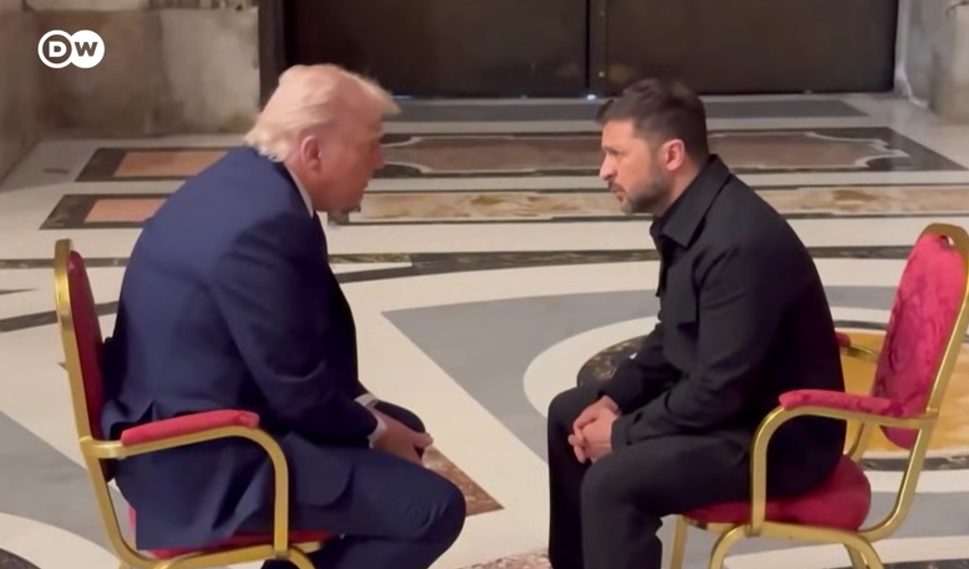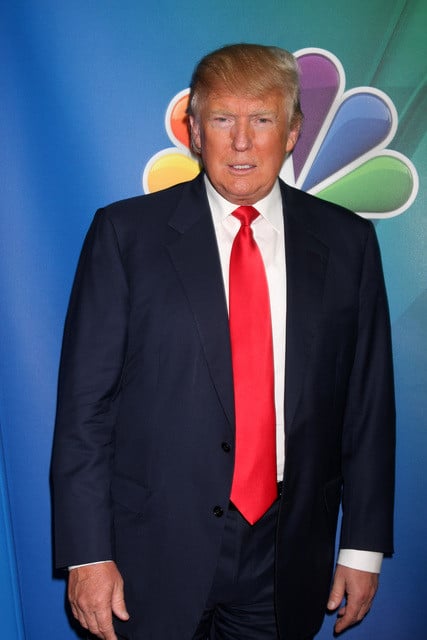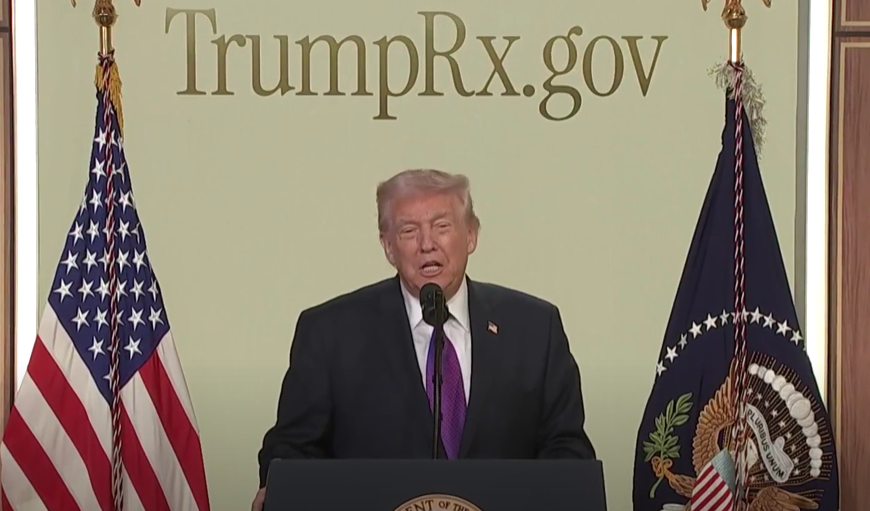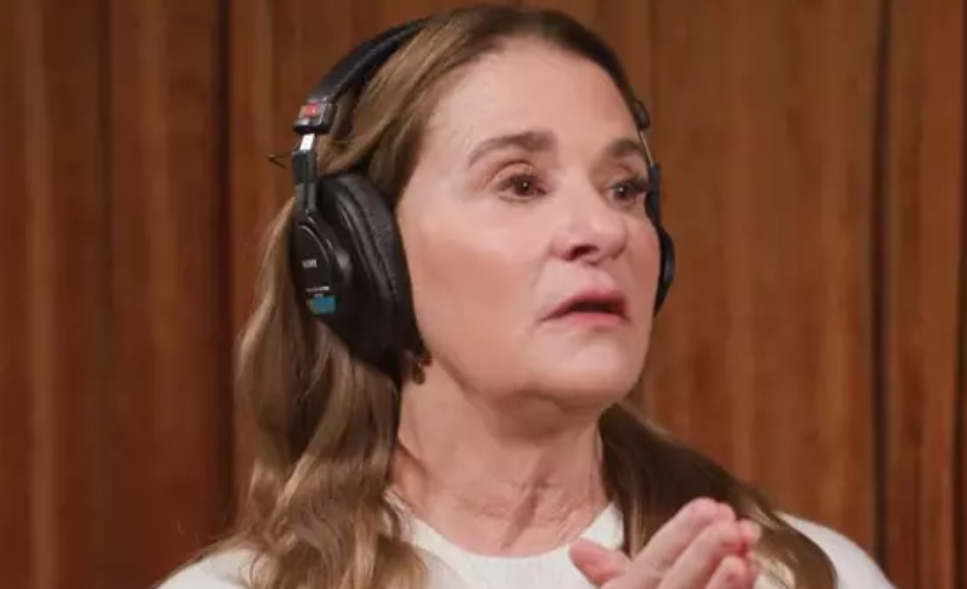Donald Trump Calls Russia “Crazy” After Ukraine Attack

© DW News / YouTube
In a significant escalation, Russia launched its most extensive aerial assault on Ukraine since the war’s inception, deploying nearly 400 drones and missiles over two nights.
The attacks resulted in at least 12 civilian deaths, including children, and widespread destruction of infrastructure in cities like Kyiv, Kharkiv, and Odesa.
Donald Trump’s Response: Condemnation Without Commitment
President Donald Trump publicly condemned the attacks, labeling Russian President Vladimir Putin as “absolutely CRAZY” on social media. He hinted at the possibility of new sanctions against Moscow but stopped short of immediate action. This measured response has drawn criticism from Ukrainian officials, who view the lack of decisive U.S. action as emboldening Russian aggression.
Strained U.S.-Ukraine Relations
The tepid U.S. response has strained relations with Ukraine. President Volodymyr Zelenskyy has expressed frustration over America’s silence, urging intensified sanctions against Russia. The situation is further complicated by reports of a contentious Oval Office meeting between Trump and Zelenskyy, highlighting deepening rifts between the two leaders.

As the U.S. hesitates, European nations are stepping up. France and the UK are leading a “coalition of the willing,” aiming to provide security guarantees to Ukraine and facilitate peace negotiations. This initiative underscores Europe’s growing role in addressing the conflict amid perceived U.S. disengagement.
The Path Forward
The recent attacks coincide with a significant prisoner exchange between Ukraine and Russia, each releasing around 1,000 detainees. While this suggests some diplomatic engagement, the overarching conflict remains unresolved. The international community faces the challenge of balancing diplomatic efforts with the need to deter further aggression, as the situation in Ukraine continues to evolve.
Rising Pressure at Home and Abroad
While President Trump faces international scrutiny, domestic pressure is also mounting. Critics in Congress, including members of his own party, are urging a firmer stance on Russia. Lawmakers argue that America’s global leadership is at stake, and that hesitation could signal weakness on the world stage. Meanwhile, polls show growing concern among U.S. voters about the implications of the Ukraine conflict, particularly its impact on NATO alliances and global stability.
As the 2026 midterms approach, Donald Trump’s handling of foreign policy could prove pivotal. With European allies taking initiative and Ukraine appealing for stronger support, the administration is walking a diplomatic tightrope: balancing calls for peace, protecting national interests, and responding to a conflict that shows no signs of slowing down.
You might also want to read: Ukraine and Russia Agree to Black Sea Ceasefire


